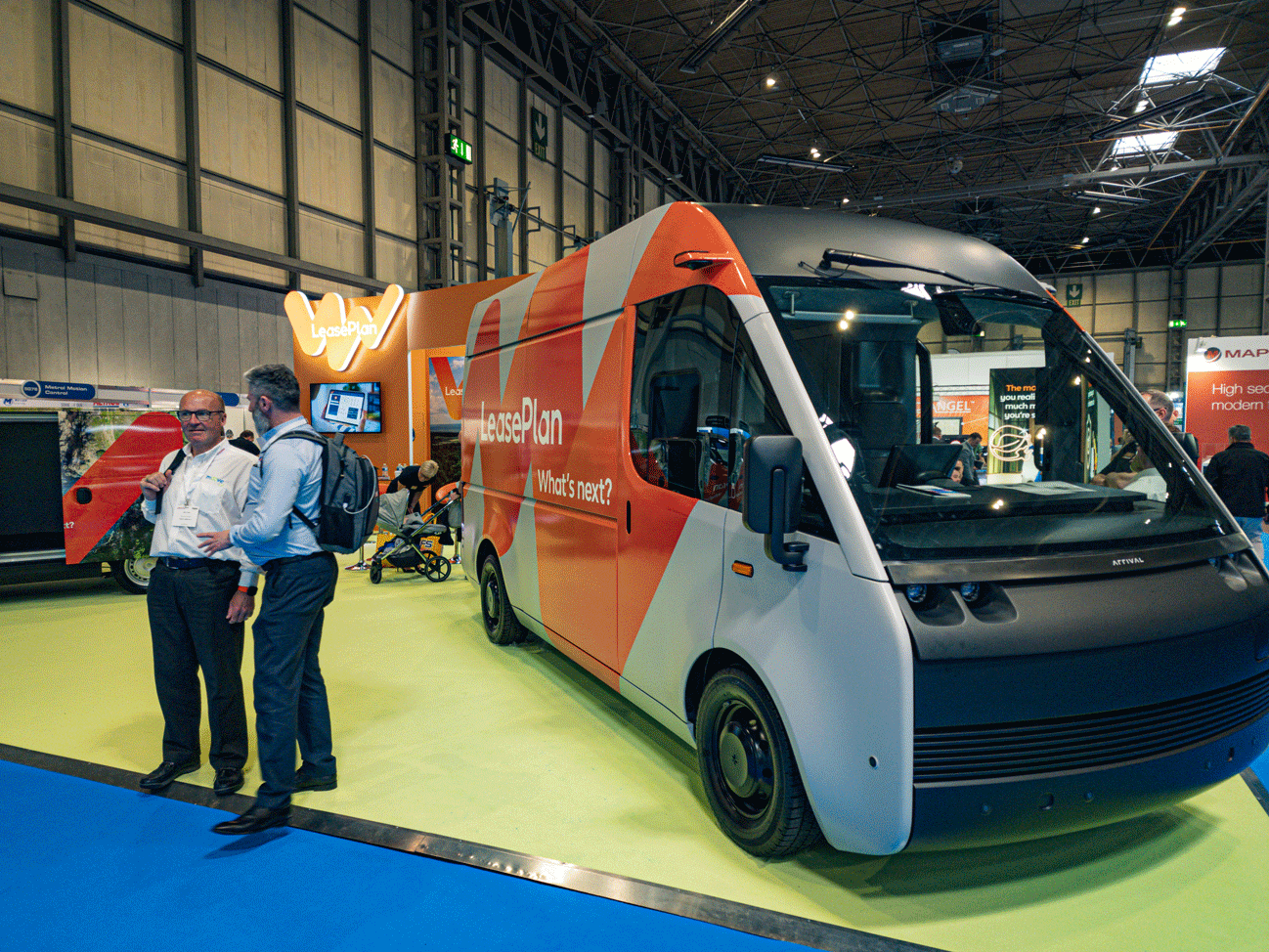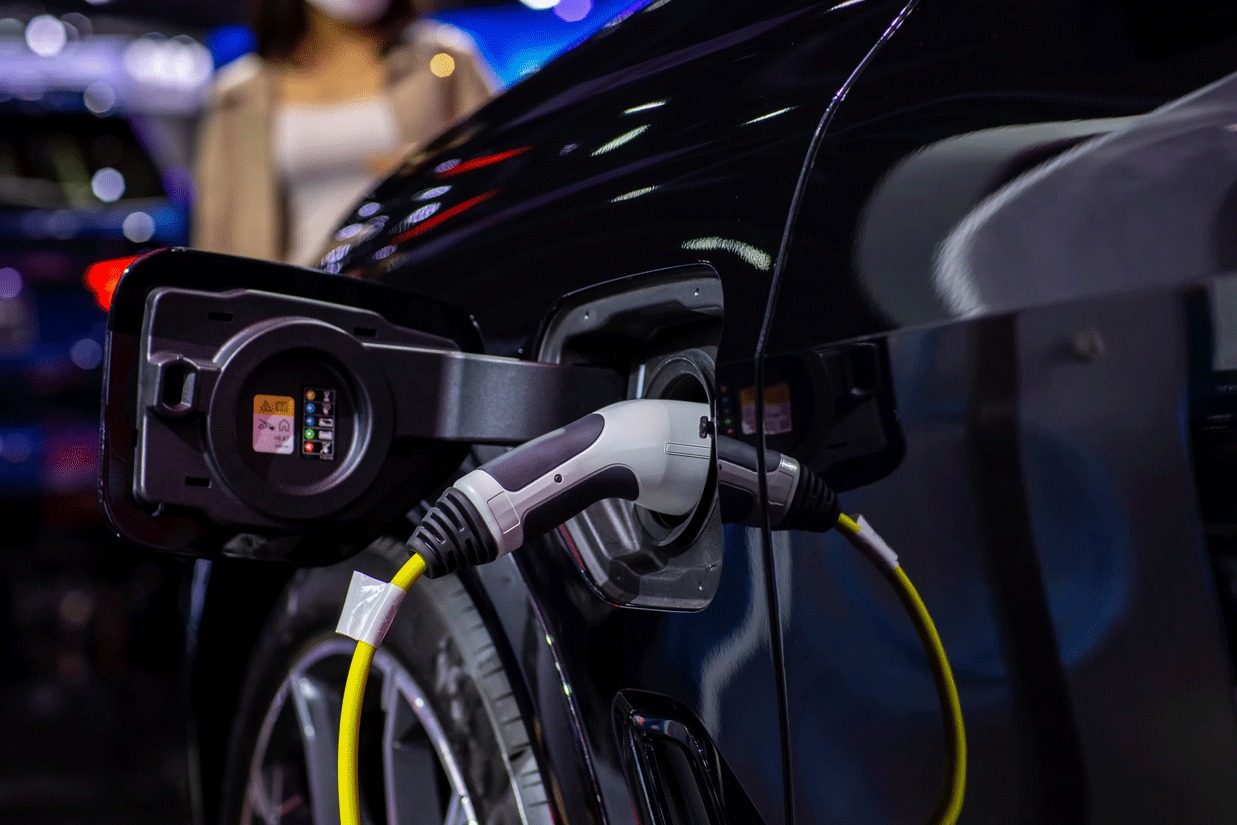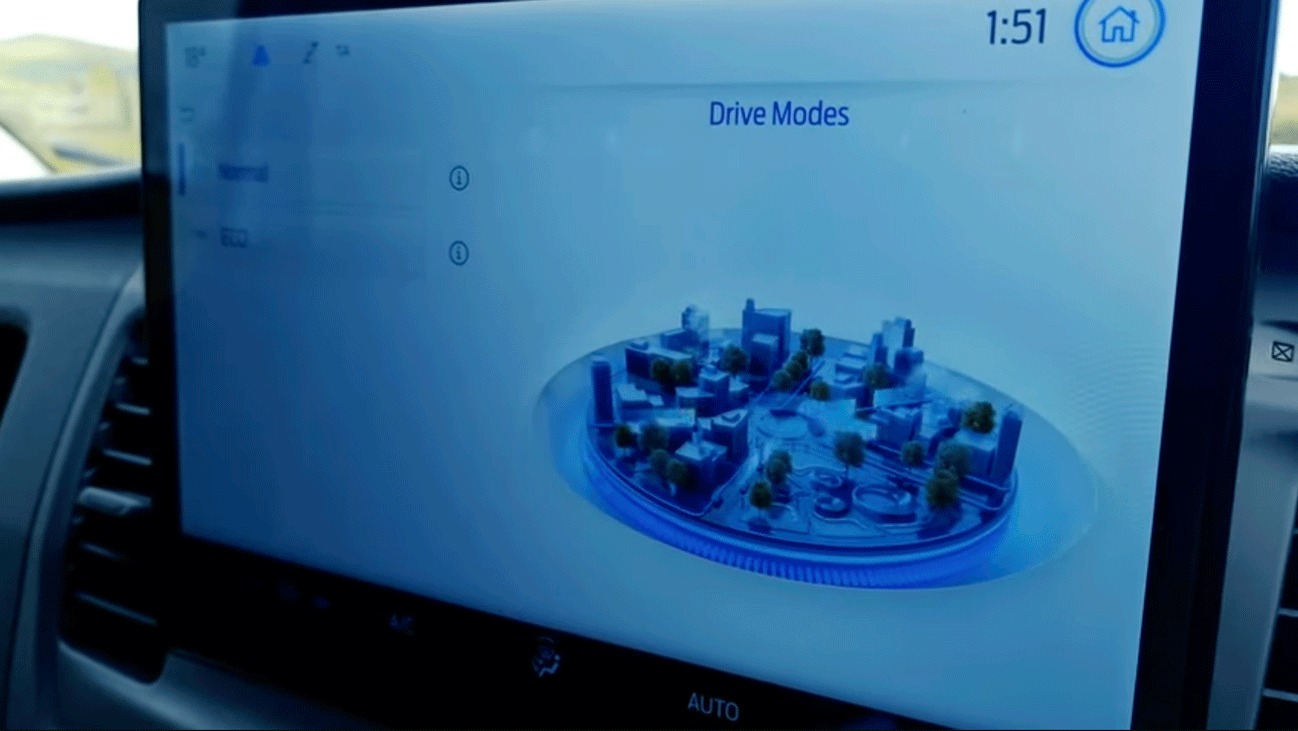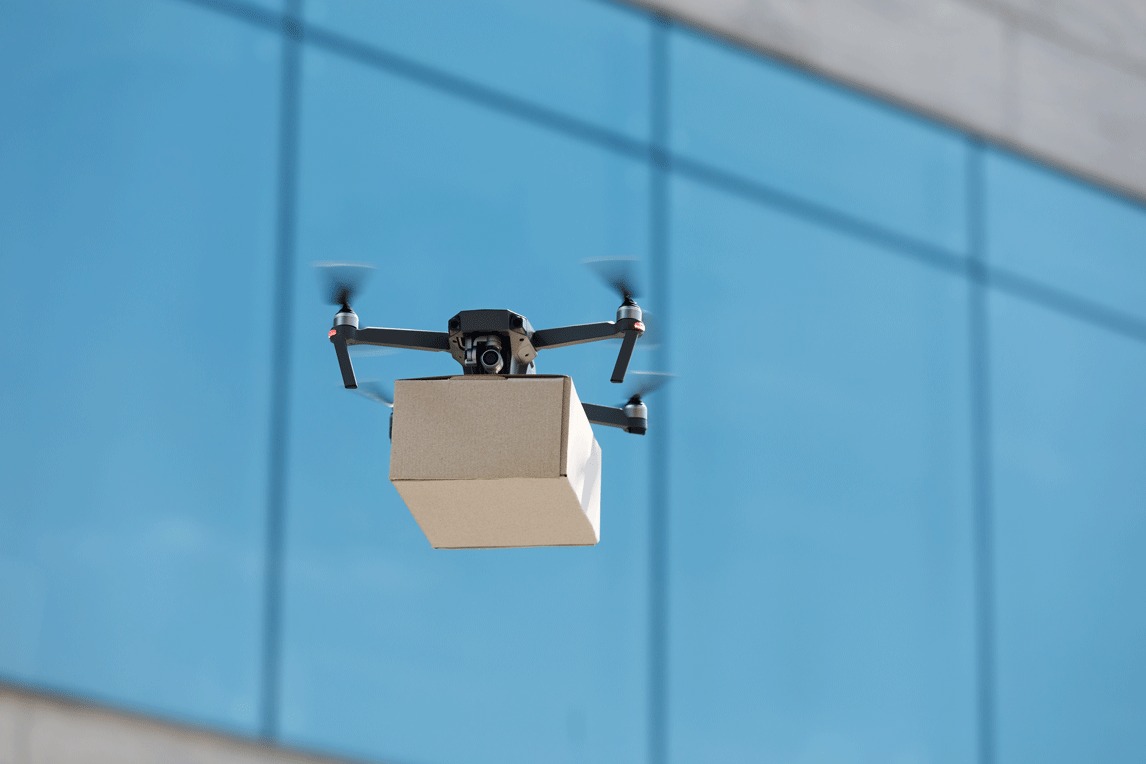With the rapid pace of technological advancements, it’s no wonder that vans are expected to undergo significant changes that promise to make them better than ever before on all fronts.
Currently, several exciting developments are underway in the van industry that can only help individuals and businesses that rely on them daily. These improvements range from electric & hybrid engines to advanced safety features and more. However, there are also several innovative concepts in development that we may not have heard of yet!
In this article, we delve deeper into the trends and innovations shaping the future of vans, which arguably also shapes the future of how businesses in the UK will be run!
We examine the impact of these changes and consider the potential benefits for fleet managers, delivery drivers, and any other businesses using vans as their workhorse.
The future of vans promises exciting possibilities that can only revolutionise how we work!
Let’s take a look at these cutting-edge technologies.

The concept is simple and not exactly a new one, but still important nonetheless. These modern engines are designed to produce zero emissions to help companies reduce the impact on the environment. There are other benefits, such as the financial benefits of going electric that businesses around the UK can take advantage of!

This innovation isn’t as far away as one might think! We already have this technology working on Tesla cars, so we expect it to be implemented on vans in the next coming years.
The most significant benefit of this technology is improved safety on the roads, as this eliminates the risk of human error and reduces the likelihood of accidents. With the capability of operating around the clock, companies can continue operations, and increase productivity while reducing driver fatigue.
Let’s just hope it does not completely replace the need for humans and take away job opportunities!
Modern vans are equipped with a variety of advanced safety features to prevent drivers, cyclists, and pedestrians from getting involved in accidents. Rather than repeating ourselves, feel free to click the link on the first line where we have covered this topic.
Many van manufacturers are incorporating eco-friendly measures into the production of their vehicles. This can include using recycled materials for the interiors and exteriors, such as recycled plastic for seat upholstery and recycled aluminium for body parts.
In addition to this, many manufacturers are implementing more sustainable production processes. This can include reducing waste and water usage and using renewable energy sources to help minimise environmental impact during production.
By incorporating eco-friendly materials and sustainable practices, van manufacturers are not only helping to protect the environment but also providing an increasingly attractive option for environmentally-conscious businesses and consumers.

The above mentioned are not exactly new concepts in cutting-edge technologies and although not all vans have these features in place, it won’t be long before they become standard.
It, therefore, begs the question, what does the future in van technology hold and how may they help businesses?
Well, despite us not being fortune tellers, through advancements in certain technologies, we can hazard a guess.
This is what the future may hold:
While shops and stores close down, the e-commerce trade continues to grow, and with it comes the need for efficient and fast package deliveries.
An innovative solution that has recently emerged is the use of drones for package deliveries, specifically launching them from vans in urban and suburban areas. These are generally traffic congested areas that have logistical challenges, making traditional package delivery methods slower and more expensive.
With the ability to fly directly, drones can help streamline the process and reduce the time and cost of “last-mile delivery”. While the use of drones for package delivery is still in its infancy, it has the potential to revolutionise the way packages are delivered, making them faster, more efficient, and more environmentally friendly.

Here is a new concept that’s emerged to enhance van safety that at present isn’t common. Augmented Reality (AR) windshields are designed to display important information directly on the windshield. Such information may include navigation instructions, speed limits, and even real-time traffic alerts!
The idea is for drivers to keep their eyes on the road while still accessing the required information, reducing the risk of distraction and improving safety. Additionally, this concept could also enhance convenience for drivers, providing a more intuitive and user-friendly way of driving on the road. While the use of AR windshields is still in the experimental phase, it has the potential to revolutionise the way drivers interact with their vehicles, making the driving experience safer, more efficient, and more enjoyable!
Security is a growing concern for businesses and individuals. As a result, van manufacturers are exploring the use of advanced biometric security systems to ensure secure access and prevent unauthorised use of the vehicle.
Examples of biometric use could involve facial recognition, fingerprint scanning, or other forms that can identify drivers and passengers. The use of biometric security systems provides confidence to van owners that only authorised personnel are using the vehicle.
Additionally, this technology could also enhance safety for drivers and passengers, as it ensures that only trained and authorized personnel are operating the vehicle.
The concept behind this technology is for vans to share information about traffic, weather, and other real-time conditions. By communicating with other vans on the road, drivers can receive up-to-date information about potential delays or hazards on their route, enabling better routing decisions and optimising delay times. Additionally, this technology could also help reduce congestion on the roads!
With van-to-van communication, businesses can improve the efficiency of getting to their destination and provide their customers with faster and more reliable service. This in turn can reduce operational costs and increase business profits!
Artificial Intelligence (AI) uses machine learning algorithms to analyse and process large quantities of data from various sources, all in real-time. For example, the system can use data from sensors, weather stations, and weather satellites to create a detailed map of current weather conditions or even predict the weather from historical weather data.
Other things AI assistance can analyse is information on traffic and road conditions, enabling drivers to make better decisions and avoid delays. It can also assist drivers in optimising their routes, reducing fuel consumption and emissions, and saving time.
By continuously learning and improving its predictions, AI technology has the potential to revolutionise the way drivers interact with their vans, making the driving experience safer, more efficient, and more enjoyable.
The future of vans promises to be a time of tremendous growth and innovation, as manufacturers and technology companies work to address the challenges of urbanisation, environmental sustainability, and changing consumer demands.
These new developments will not only transform the way vans are designed and manufactured but also how they are used and operated in businesses and our daily lives. As the demand for fast and efficient services continues to rise, vans will play a critical role in facilitating this trend, and new technologies and communication systems will make this possible.
With these advancements, we can look forward to a future where vans are safer, more sustainable, and more connected than ever before. Ultimately, these changes are set to have a profound impact on our daily lives, and the way we work, shop, and move around our cities!